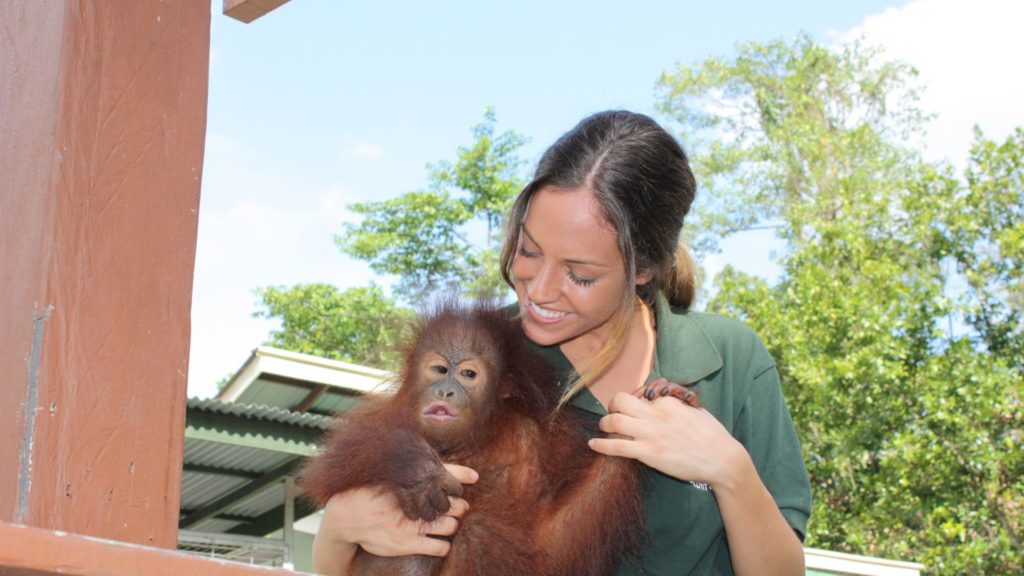2018 has been a tumultuous year; storms, cyclones and flash flooding swept across the east coast of Australia and fierce fires ravaged New South Wales, while severe droughts crippled farmers in rural Australia. Catastrophic weather events increased in severity, signalling the ever-looming presence of climate change.
The 2018 ‘State of the Climate’ report predicted alarming climate trends. Sea levels will continue to rise as oceans acidify to the imperilment of marine life. Sea and air temperatures will rise with more hot days, marine heatwaves, and fewer cool extremes.
The Great Barrier Reef, estimated to be worth $56 billion to Australia, is fighting for life, with coral reefs expected to be lost within 30 years.
Australia has lost more animals to extinction than any other country in the world.
The Living Planet Index recorded an overall decline of 60 per cent in species population sizes between 1970 and 2014. Australia has lost more animals to extinction than any other country in the world.
Despite this, Australia still does not have a credible climate policy and is one of only 15 nations that does not recognise the human right to a healthy environment at a federal level.
2018 was certainly a record-setting year for the environment, and for all the wrong reasons.
While governments and populations around the world grapple with these challenges, there is still a glimmer of hope for the future of the environment.
Incredible scenes unfolded across Australia’s capital cities in November, as thousands of students marched in protest of the Morrison Government’s lack of climate change action.
In December, the renowned UN Climate Change Conference in Poland (COP 24) brought the voice of the people to the forefront of discussion by launching a ‘People’s Seat’ initiative, giving millions the opportunity to participate in high-level environmental decisions.
2018 also brought environmental issues to the forefront of consumer minds. Shoppers across Australia boldly rallied against plastic pollution … and companies listened. Major retail chains banned plastic bags across Australian stores, preventing an estimated 1.5 billion bags from entering the environment, which translated to an 80 per cent drop in the consumption of plastic bags nationwide.
Added to this, conservationists and volunteers celebrated the successful return of the once-extinct Eastern quoll to mainland Australia.
2018 was a year of devastating environmental events and mind-boggling government inaction… But it was also a year of hope. It was a year that we saw a shift in attitudes and welcomed the powerful voices of young people who have taken the fight for the planet – that they will inherit – into their own hands. With our help, maybe they will win this fight.
* Natalie Kyriacou is the CEO of My Green World.









